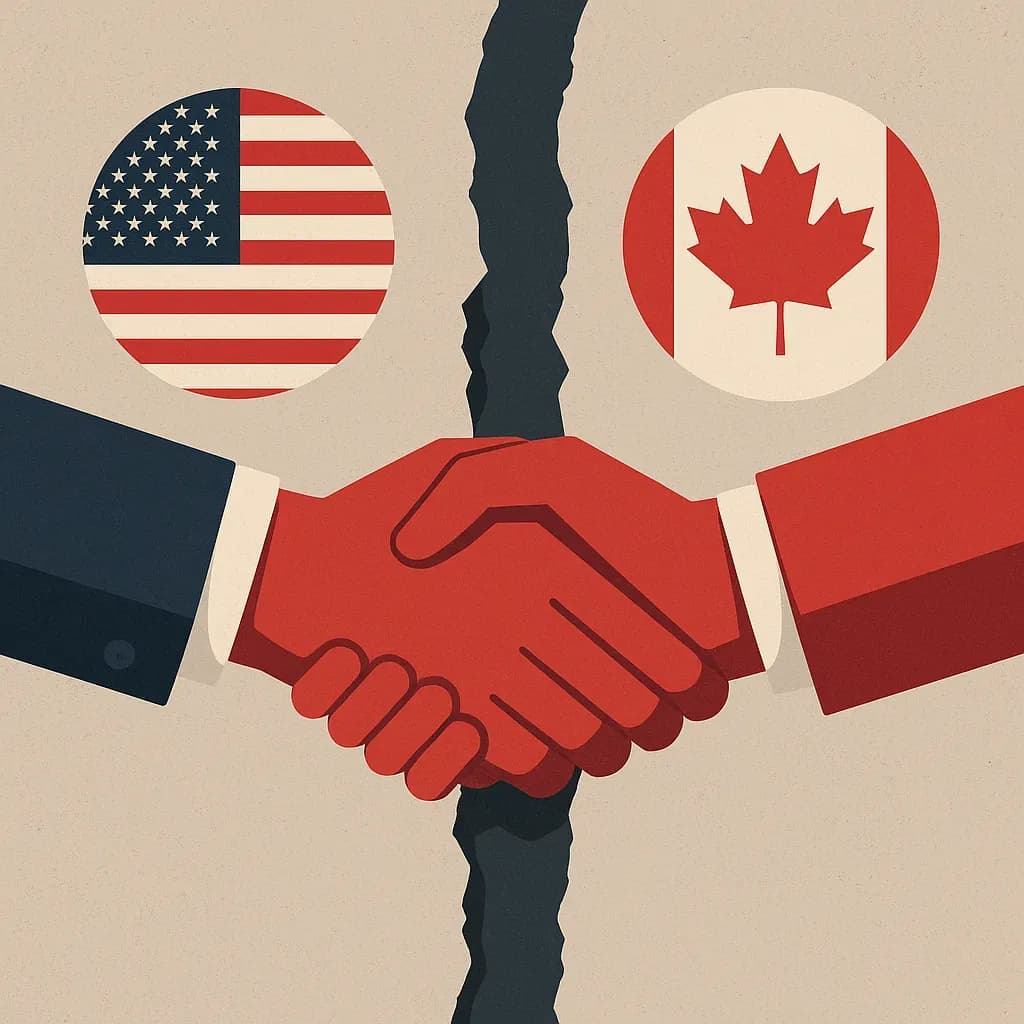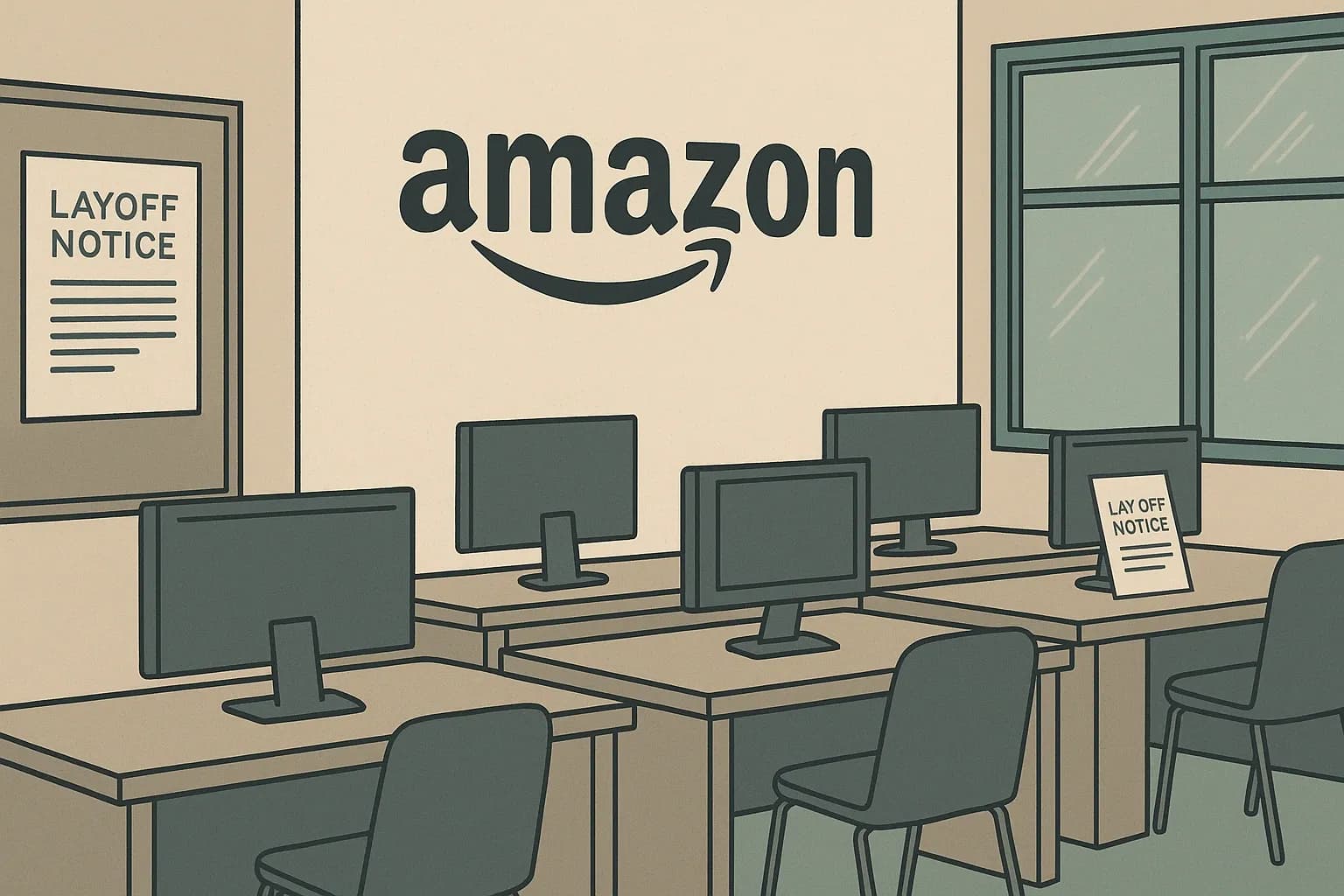President Trump abruptly ends trade negotiations with Canada after a TV ad featuring Ronald Reagan’s anti-tariff speech. Canadian PM Mark Carney says progress was made and stands ready to resume talks.
How a Reagan‑themed advertisement sparked a trade rupture
The current round of U.S.–Canada trade talks was already fragile, with both sides jousting over steel, aluminum and auto tariffs imposed by the Trump administration. On 23 October, Ontario’s government aired a U.S. television advertisement featuring Ronald Reagan’s 1987 address on free trade. In the original speech, Reagan warned that high tariffs inevitably lead to retaliation by foreign countries and the triggering of fierce trade wars. The ad paired those warnings with modern images and urged American viewers to oppose protectionism. According to Bloomberg and Deccan Herald, the campaign was aimed at sowing doubt among Republican voters by using one of the party’s most iconic voice.
Trump reacted angrily. In a late‑night Truth Social post he claimed that Canada had used “selective audio and video” to misrepresent Reagan’s remarks. He said the ad was designed to *interfere with the decision of the U.S. Supreme Court* on his global tariffs. He accused Canada of "cheating" on tariffs and claimed that Canadian tariffs on U.S. farmers reach 400 percent. Trump concluded: “Based on their egregious behavior, ALL TRADE NEGOTIATIONS WITH CANADA ARE HEREBY TERMINATED”. Al Jazeera reports that he reiterated his view that the anti‑tariff ad was “fake” and said it was aimed at influencing U.S. courts.
What’s in the ad?
The advertisement splices together excerpts from Reagan’s 1987 radio address, in which he defended the principles of free trade and slammed tariffs as outdated policies that stifle innovation and raise prices. The ad’s narration warns that tariffs cost jobs and create supply chain chaos, echoing Reagan’s argument that protectionism triggers retaliatory trade wars. The Ronald Reagan Presidential Foundation, whose comments were cited by Trump, said on X that Canada had used “selective audio and video” from the speech and misrepresented Reagan’s stance. However, transcripts on the Reagan Library’s website show that the quoted lines about high tariffs leading to retaliation are accurate.
Ontario Premier Doug Ford (a conservative ally of Trump) said the province’s ad was designed to promote free trade and did not misrepresent Reagan. The ad is part of Ontario’s broader campaign against U.S. tariffs and aims to rally Americans to oppose protectionism, according to Deccan Herald, which notes that the spot runs during prime‑time television in the United States.
Reactions from Ottawa and Washington
Canadian Prime Minister Mark Carney responded diplomatically. He noted that recent talks had made progress and that Canada stands ready to continue discussions when the United States returns to the table. Carney said Canada must focus on what it can control and continue diversifying trade partnerships. In a speech earlier in the week, he criticised the United States for raising tariffs to levels not seen since the Great Depression and argued that Canada’s economic strategy must adapt. Despite the escalating rhetoric, Carney emphasised preserving the 2020 USMCA trade agreement, which ensures roughly 85 percent of cross‑border trade remains tariff‑free.
Ontario officials defended the ad. They argued that Reagan’s warnings about tariffs are historically accurate and said the commercial was produced to counter Trump’s recent sector‑wide tariffs on steel, aluminum and autos. Ontario’s government has been campaigning aggressively against U.S. tariffs, launching websites and ads explaining how duties raise prices for consumers.
What the suspension means for trade
The suspension of talks is largely symbolic because the U.S.–Canada relationship continues under the **United States–Mexico–Canada Agreement (USMCA)**. The North American trade pact keeps most goods tariff‑free, but Trump’s sectoral tariffs on metals and autos have already inflicted pain on Canadian suppliers. Analysts say that while the Truth Social post generates headlines, it may be a negotiating tactic rather than an end to dialogue. Trade law experts note that the president can unilaterally impose tariffs but comprehensive changes to USMCA require congressional approval. If reelected, Trump could increase tariffs further, straining North American supply chains.
Canada has been diversifying its exports to reduce reliance on the U.S. market. Carney recently set a goal of **doubling Canada’s non‑U.S. exports** in the next decade. This strategy includes signing new trade agreements with Asian and European partners. Ending talks with Washington could accelerate those efforts but may also increase uncertainty for businesses on both sides of the border.
Conclusion
Trump’s decision to halt trade talks over an anti‑tariff ad underscores how sensitive trade policy has become in U.S. politics. The advertisement used Ronald Reagan’s own words to argue that tariffs hurt consumers; Trump called it fraudulent and accused Canada of meddling in U.S. courts. While negotiations are paused, the USMCA continues to govern most cross‑border commerce, and Canadian officials say they remain ready to resume talks. The episode highlights the political theatre surrounding tariffs and the complex interplay between domestic messaging and international trade relations.




